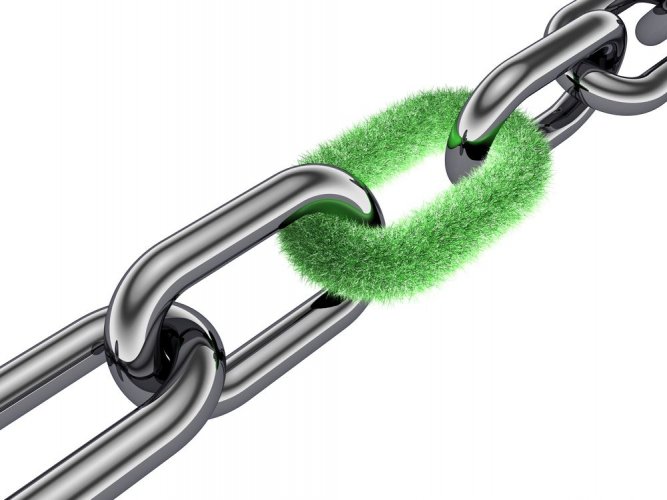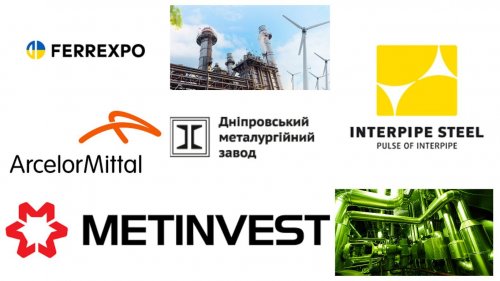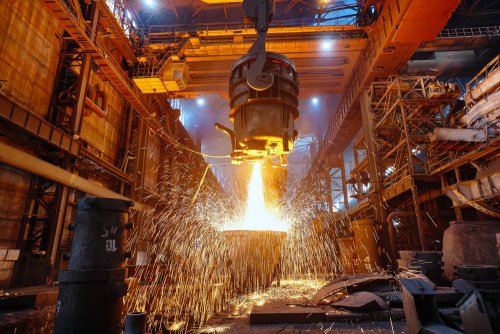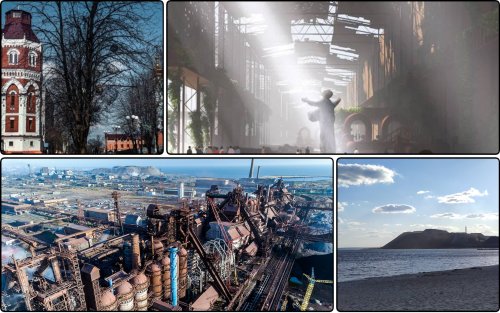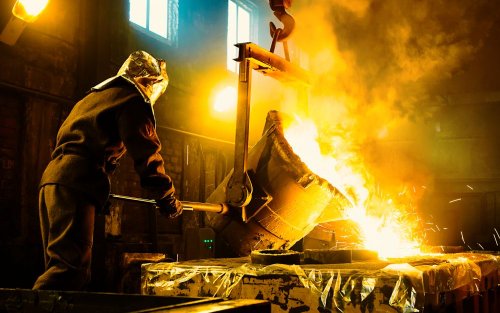Automakers BMW, Scania and Mercedes-Benz, as well as home appliance brands Electrolux and Miele, have signed supply agreements with Swedish company H2 Green Steel, which will stimulate the development of the low-carbon steel market.
The agreements guarantee a market of more than 1.5 million tons of green steel from 2025, and most of the agreements will last from five to seven years, according to Busines Green.
H2 Green Steel stated that the new package of contracts emphasized the transformation of the steel industry into a new mechanism.
Earlier, Ad2, BE Group, Bilstein Group, Kingspan, Klöckner & Co, Lindab, Marcegaglia, Mubea, Purmo Group, Roba Metals, Schaeffler, Zekelman Industries and ZF Group signed agreements with H2 Green Steel.
Henrik Henriksson, CEO of H2 Green Steel, said the company is showing that it is possible to quickly transform the carbon steel industry, and other market participants are accelerating and intensifying this process.
"This is exactly what we want. In addition, customer feedback has been phenomenal, and their long-term commitment is key to us for further expansion," Henriksson said.
Steel production accounts for 25% of industrial CO2 emissions in Europe, which exceeds the total CO2 emissions of the Scandinavian countries. According to the World Steel Association, a tonne of steel currently produces 1,851 tonnes of CO2.
H2 Steel is committed to ultimately reducing the carbon footprint of steel production to zero emissions.
At present, the term "green steel" can mean different things: for us, it means steel made from a combination of a significant amount of green primary iron and scrap in a production process that uses electricity from renewable energy sources and where total CO2 emissions are more than 90 % lower than traditional blast furnace steel production. Scrap processing is part of the equation, but it will not be enough to meet global demand for steel. We need to make sure that all new steel is truly environmentally friendly, "said Henriksson.
The company will supply customers with hot-rolled, cold-rolled and galvanized steel. H2 Green Steel's customers set scientifically sound targets for their own operations and supply chain, which the steelmaker believes have played a key role in boosting demand for green steel.
"It's amazing to see how fast market sentiment has changed since we introduced it a year ago. Demand for clean steel far exceeds what I expected, and interest is coming from a wide range of industries. We are already turning that amount into mandatory long-term agreements with our customers, "said Mark Bula, Commercial Director of H2 Green Steel.
We will remind, experts spoke about how transatlantic cooperation could affect decarbonization of metallurgy.
As EcoPoliticа reported earlier, metallurgical company Voestalpine plans to produce green steel in Austria.

